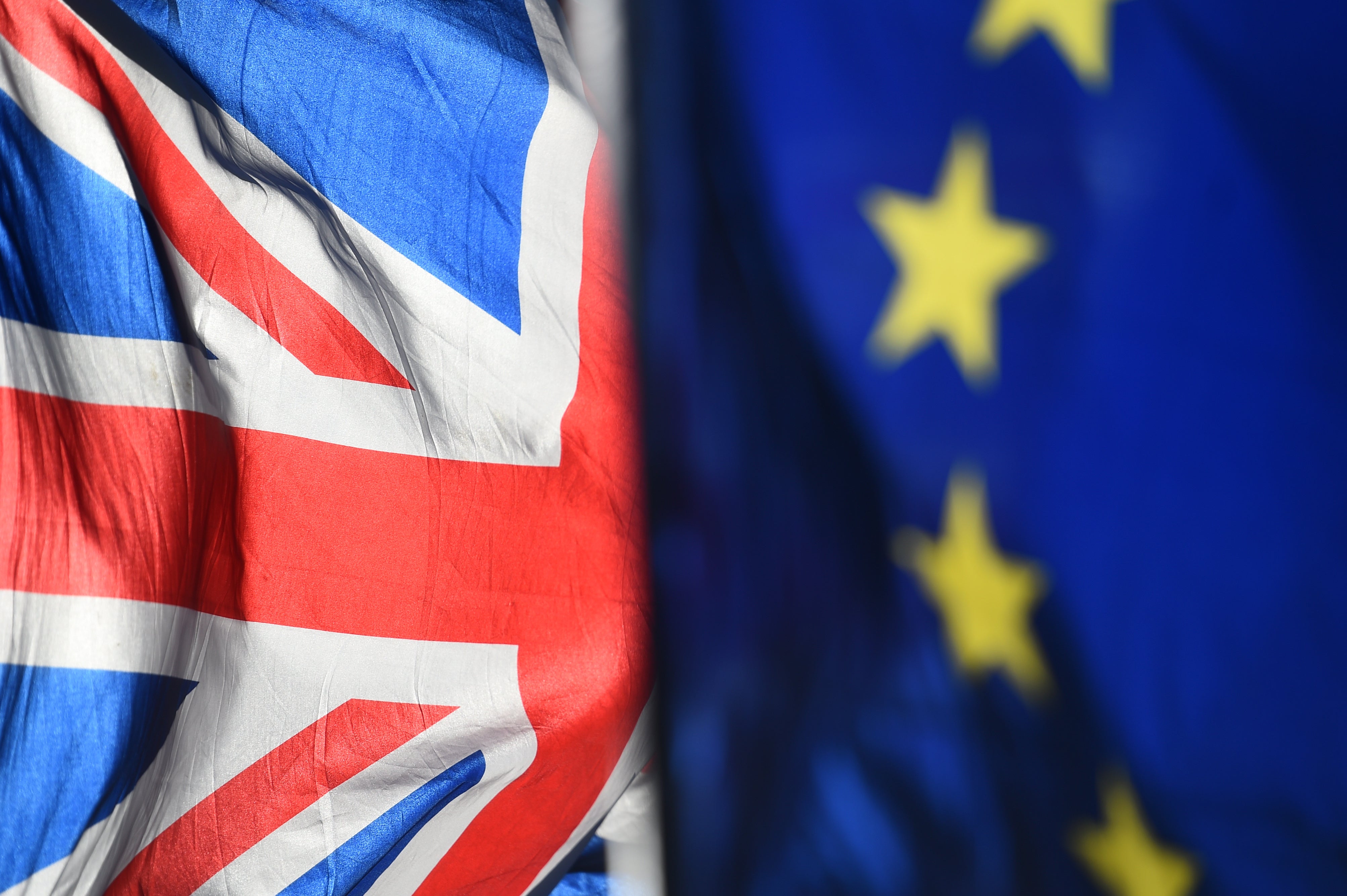Boris Johnson can’t ignore the delicate balance required over Brexit and the Good Friday Agreement
Britain's withdrawal from the EU, the European Convention on Human Rights and the GFA form an unstable triangle, writes Sean O'Grady


These pesky universal human rights get everywhere, don’t they? They are even an integral part of the Good Friday Agreement (GFA), and thus one of the foundations of the peace process across both Northern Ireland and the Republic. In the context of the Brexit deal and the Northern Ireland protocol, the government has declared that the GFA has “primordial” significance and ministers have said it is their top priority as they seek to unilaterally rewrite the Brexit treaty.
Plainly, it’s a classic case of the left hand not knowing what the right hand is doing. The challenge to the UK legal standing of the European Convention on Human Rights, after the Rwanda plan fiasco, was made before anyone appeared to have told the PM that the Convention underpins the GFA.
The PM proposes to make as-yet-unspecified changes to the law to permit the forcible removal of refugees to Africa. We also know that, in any case, the justice secretary, Dominic Raab, plans to abolish the 1998 Human Rights Act (which formally placed the Convention into UK law) with a so-called Bill of Rights (not to be confused with the 1689 original).
Any of this would break the GFA, disastrously, because the GFA contains numerous references to human rights, and is predicated on the Convention being observed and being written into UK law.
The GFA states: “There will be safeguards to ensure that all sections of the community can participate and work together successfully in the operation of these institutions and that all sections of the community are protected, including… the European Convention on Human Rights and any Bill of Rights for Northern Ireland supplementing it, which neither the assembly nor public bodies can infringe, together with a Human Rights Commission.”
Also: “The British government will complete incorporation into Northern Ireland law of the European Convention on Human Rights, with direct access to the courts, and remedies for breach of the Convention, including power for the courts to overrule assembly legislation on grounds of inconsistency.”
Incidentally, the Northern Ireland Bill of Rights mentioned in the GFA, and designed to add to European and UK human rights protections, has never been passed by the Northern Ireland assembly, and the forthcoming UK Bill of Rights isn’t a substitute in terms of the GFA.
It’s important to remember why the Convention is so sensitive in the province. It derives from the experience of the Troubles, during which republican and loyalist terrorists bombed and murdered the innocent. Meanwhile, the British state committed numerous human rights abuses and Northern Irish governments imposed internment without trial, as British courts tolerated well-publicised miscarriages of justice and outrages such as Bloody Sunday. Such abuses of human rights cast a long shadow.
In some quarters in Northern Ireland, British courts are simply not trusted, and the Convention offered assurance and protection – both in international law and in its additional entrenchment in British domestic law in the 1998 Act and the GFA – to those fearful of institutional sectarianism. It was an essential ingredient for peace and it is now under threat. “Identity” issues such as protection for the Irish language and Ulster-Scots, other expressions of republican and loyalist identity, free speech and journalism are all subject to the protection of the Convention under the GFA and the 1998 Act.
So, Brexit, the Convention and the GFA constitute a sort of eternal triangle, and a delicate and unstable one. The dangers are all too obvious.



Join our commenting forum
Join thought-provoking conversations, follow other Independent readers and see their replies
Comments